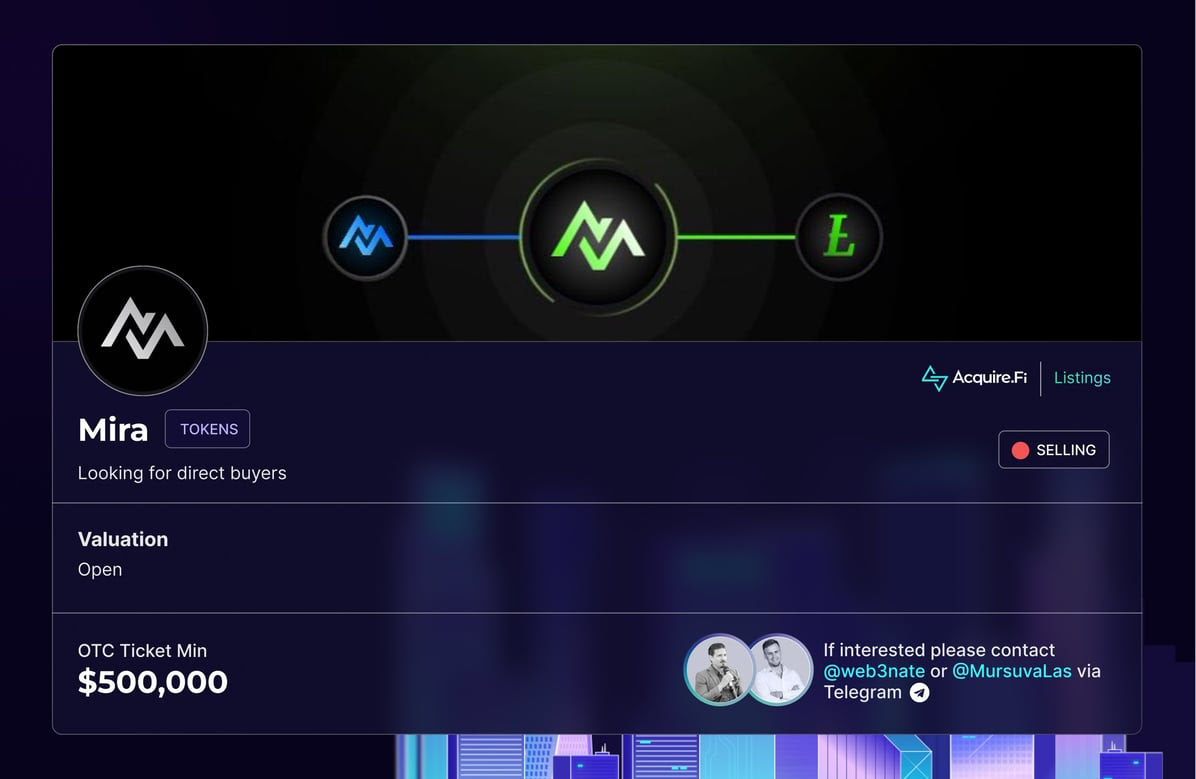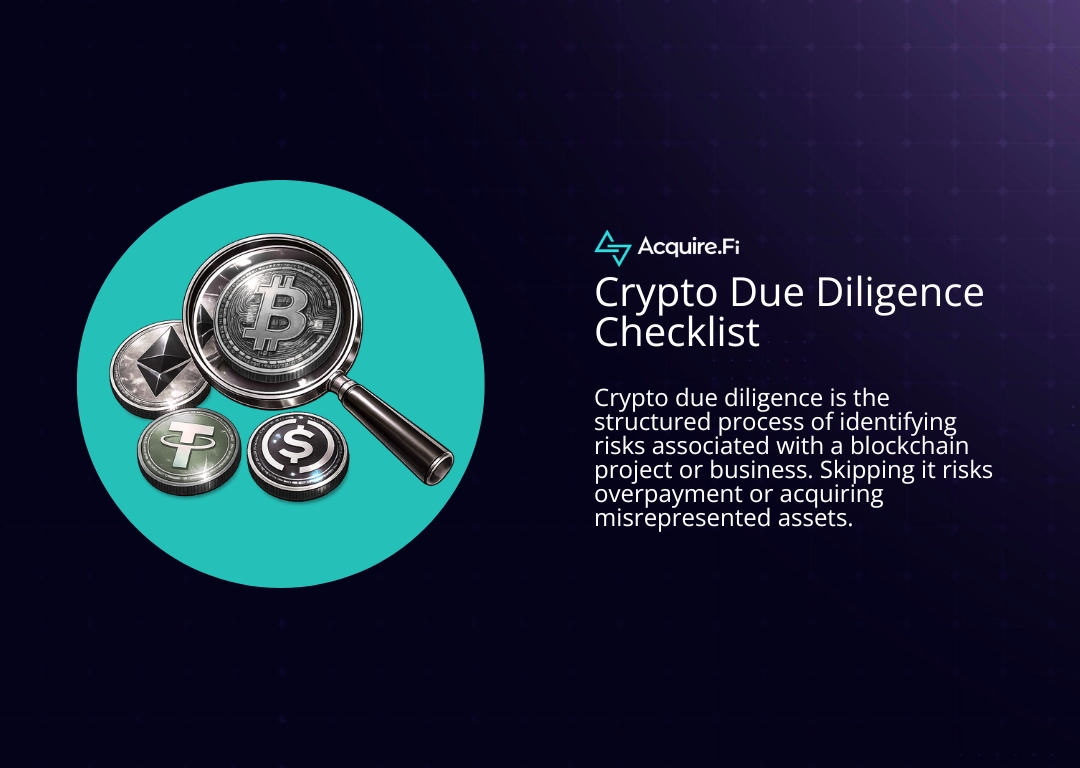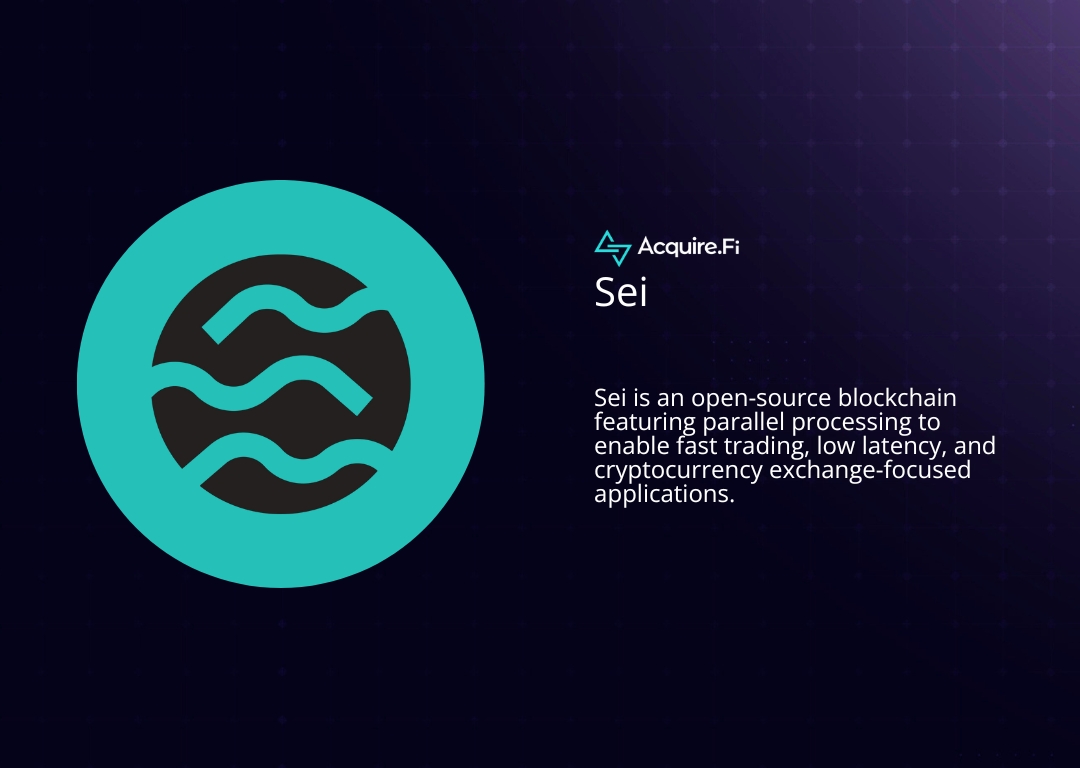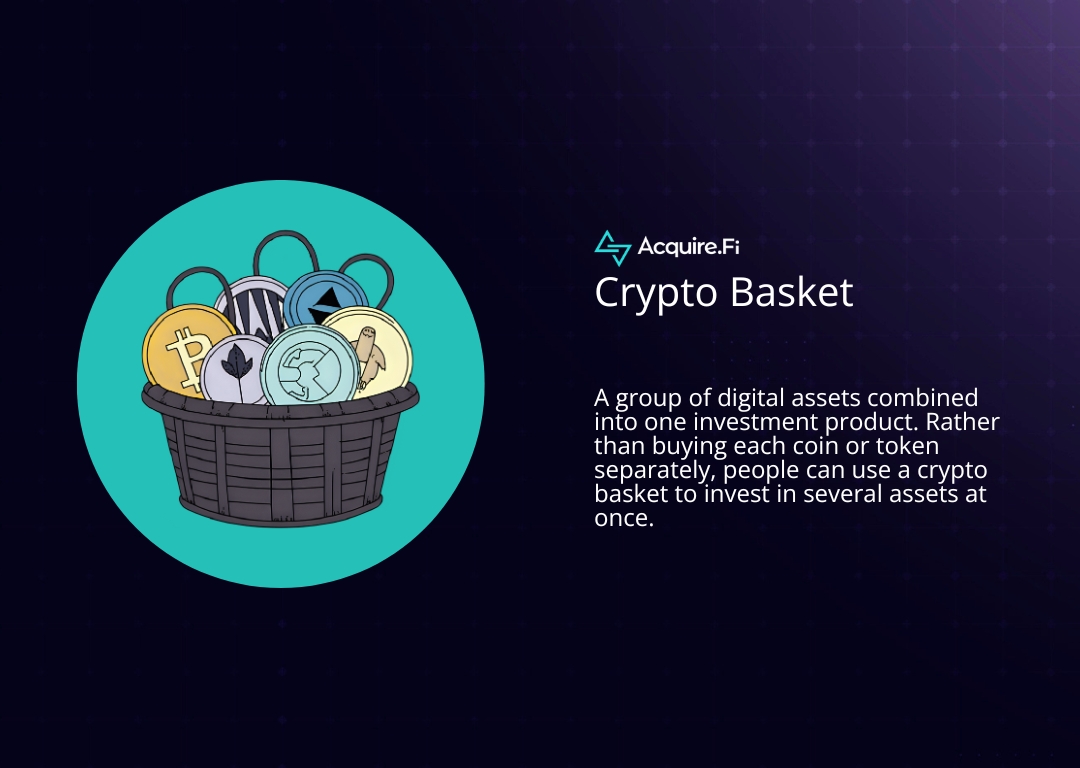Industry Pulse: Consolidation and Institutional Positioning
M&A activity in the crypto sector accelerated again this week with one of the largest wallet-infrastructure deals of the year. Exodus announced the acquisition of Baanx and Monavate for 175 million dollars, a move that expands its reach into payments, card issuing and regulated financial infrastructure. The deal highlights how established crypto companies are acquiring licensed providers to speed up their transition into full-stack digital finance.
Regulators also remained active across key jurisdictions. Singapore advanced proposals to streamline tokenized product approvals, while the EU signaled that the next phase of MiCA will focus on custody and market infrastructure. Japan updated guidance for digital asset custodians, creating clearer licensing pathways for storage and settlement providers.
Together, these developments show a market where buyers are prioritizing regulated infrastructure and scalable compliance frameworks as strategic assets. Consolidation is set to continue as firms position themselves for the next cycle of institutional adoption.
Mergers & Acquisitions Deal of the Week
This on-chain copy-trading aggregator provides a unified platform where users can mirror top-performing traders across multiple protocols and networks. Built around transparent on-chain data, automated execution, and curated trader leaderboards, the platform streamlines the full copy-trading experience and makes advanced strategies accessible to a wider user base.
The infrastructure includes live performance tracking, smart-contract-based trade replication, risk management tools, and multi-chain integration. With a growing user community and an expanding roster of traders, the platform is positioned to benefit from the surge in on-chain activity and the rising demand for automated, data-driven trading solutions.
For acquirers, this represents an opportunity to take over a product-ready trading platform in a fast-growing vertical, with existing traction, a scalable architecture, and clear potential for monetization through performance fees, subscriptions and partner integrations.

Secondary Market Opportunity: Mira
Mira is a decentralized verification network designed to make artificial intelligence more reliable. It combines blockchain infrastructure with collective AI consensus, enabling systems that can independently verify data, outputs, and decisions without relying on centralized authorities. By creating a permissionless verification layer, Mira focuses on addressing the growing need for transparent and auditable AI systems.
This SAFT opportunity provides qualified investors with early exposure to a project operating at the intersection of AI, cryptography, and decentralized infrastructure. As interest continues to build around verifiable AI and on-chain trust frameworks, Mira is positioning itself within a sector that is attracting significant developer and industry attention.












.webp)